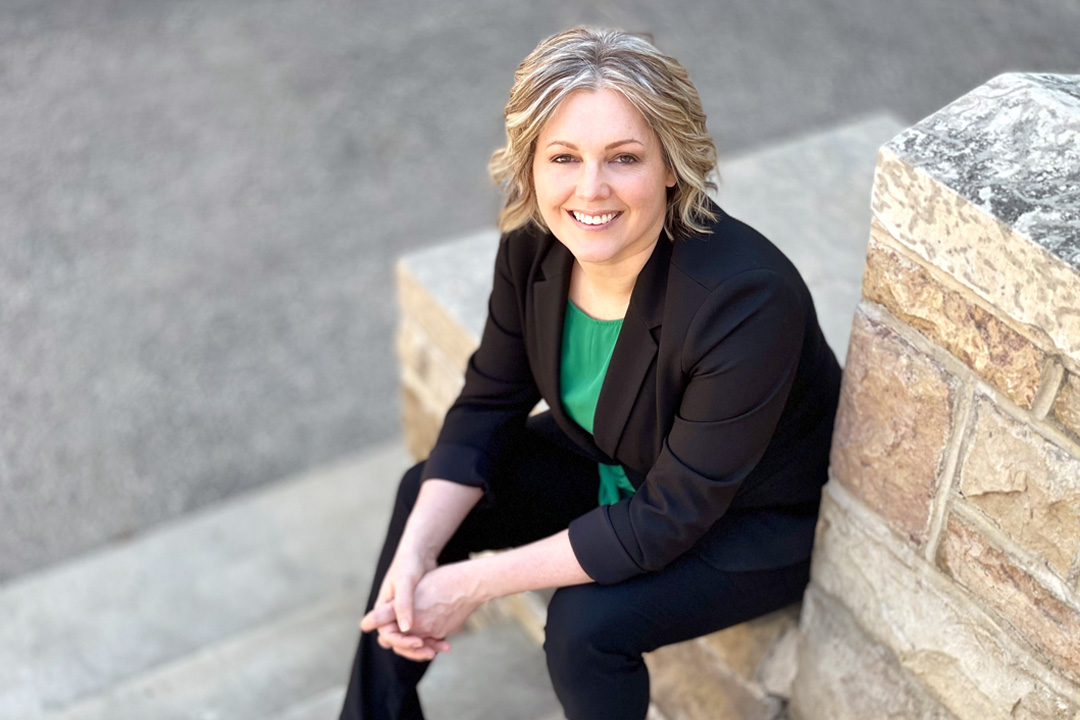
Show us what you’re made of: Preparing USask students for an evolving world of work
More than ever before, working Canadians are expected to thrive in a work environment that is marked by disruption and a need for constant change and rapid pivoting. To prepare students to be successful in this reality, the University of Saskatchewan (USask) is continually adjusting how it supports students’ career success.
By Meghan Sired“Few people are going to stay on one career path, and even if they do, our knowledge is evolving at an increasing pace,” said Nancy Turner, director of Teaching and Learning Enhancement at USask. “As employees, as citizens, we're going to need to keep up with that change on an ongoing basis.
“The context our graduates are going into now is new, and they will need a different set of skills to be able to thrive and to contribute to society.”
Turner says employers want to not only know the skills students have but also see examples of where the skill has been developed and demonstrated successfully. Integrating experiential learning opportunities, such as internships, projects with community organizations, and study abroad opportunities, into university curriculum helps give students the competencies employers are looking for.
Programming offered in partnership with Career Services, a unit at USask leading the conversation around supporting students’ career education, does just that. These include FUSION, a national network of universities exploring innovative experiential learning approaches to foster skill development, Riipen, a partnership with industry and faculty to offer students project-based work experiences, and RBC Learn to Work, Work to Learn, a series of curricular and co-curricular programs that mentor students as they develop their skills and build professional connections.
“These opportunities allow students toget the experience of applying knowledge they have learned in a classroom in professional or workplace contexts, where there are unpredictable variables that come in from the side, and they’ve got to be able to adapt and think on their feet,” said Turner. “Experiential learning has been an institutional priority for over a decade, but I'd say it's increased in importance. The number of experiences that we want our students to have access to is certainly greater than what it was previously. We've been working to both improve access as well as increase the number of these kinds of experiences for students.”
Learning in the classroom, studio or lab continues to be a cornerstone of a student’s educational experience, but students can sometimes struggle to articulate the skills they’ve learned to potential employers, according to Kim Matheson, manager of Career Services (formerly Student Employment and Career Centre).
“It’s not uncommon for students to initially struggle to recognize and appreciate the skills that they've acquired or how the experiences they’ve had have actually equipped them,” said Matheson. “The team at Career Services works directly with students and alongside faculty and instructors to help students identify and articulate what they are learning. As an example, students may not appreciate the communication, critical thinking and teamwork skills they have developed both within and outside the classroom. The research and our own employers tell us that these are key skills they are looking for in employees, and our students’ ability to speak to these skills in an interview and demonstrate them in the workplace is very important.”
As a team, Matheson says Career Services has also had to pivot and adapt to the changing career education needs of the university community, especially over the past year.
“We’ve needed to practice what we preach so to speak,” said Matheson. “We’ve leveraged this past year as an opportunity to reinvent ourselves, look at new possibilities and explore new ways to serve our campus and community.”
The other side of Career Services is employer and community engagement. Matheson says her team builds relationships with employers and community partners and provides opportunities for them to connect with our students and alumni.
"Our team understands that each organization is unique and they work one-on-one with recruiters to help them get to know our students and alumni and see how they can contribute to their organization and meet their recruitment goals,” said Matheson. “We consult with them to develop a plan and then provide the platform, the medium, the communications, the support, and the events to make it come to life.”
These partnerships with the community through connection, collaboration and service is a key institutional priority, according to Turner.
“Experiential and work integrated learning are well positioned to contribute to this priority,” said Turner. “Any time that we can connect to, serve, and partner with our community, we strengthen ourselves as an institution. And any time we can provide opportunities to our students, and, through the expertise and the value that our students bring to the community, we strengthen society and industry. These relationships are reciprocal and mutually beneficial.”
Learn more about career education at USask:

